Everyone loves a villain, and at the last race of the 1990 Formula One World Championship there was none bigger in the sporting world than Ayrton Senna.
Fifteen days earlier he had deliberately crashed into Alain Prost‘s Ferrari in Japan to claim his second title in what was an identical move carried out between the two on the same corner 12 months earlier.
The Italian press was after his blood, while the French ruling body sided with its countryman in the Ferrari and was keen to make an example of the brash young Brazilian.
Senna was accused of trying to kill Prost to win the championship and was famously quoted about his belief in God and the admission of his steely-cold, win-at-all-costs tactics. It was sporting opera at its best.
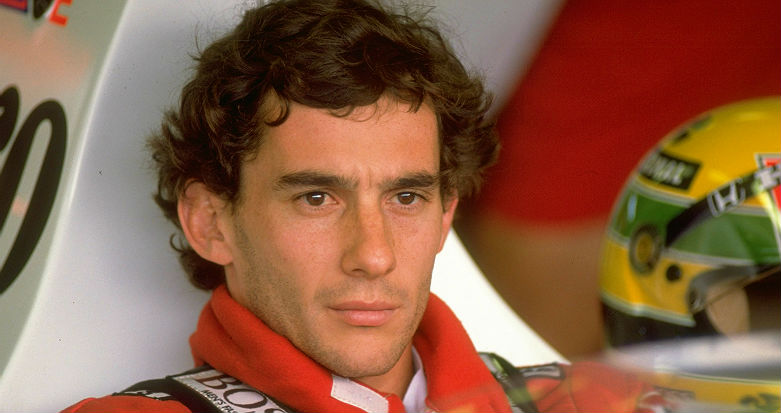
The next race was the season finale in Australia and I was a fresh-faced 20-year old, F1 journalist covering the race for a national newspaper. Before tensions flared, I spent time with Senna in the small Italian village of Riolo Termé, near the Imola circuit before the San Marino Grand Prix.
He was a complex character with two very distinct sides and in Imola, I saw the less publicised Ayrton who had his own charity to aide Brazil’s homeless, who was sensitive to the fact that he was famous and wealthy while much of his country was in poverty and who, at the end of the day, was a shy, introvert who never enjoyed the spotlight thrown at him.
Six months later in Australia, I was among a news scrum at the local petrol station waiting for the superstar villain to arrive for a sponsor’s press conference. His limousine arrived and amidst a blaze of flashes and TV cameras he emerged, eyes masked behind his trademark aviators, to make his way inside. I was fighting off bulldog-like newsmen with their giant camera tripods and boom mics to get in and take my seat, notepad in hand.
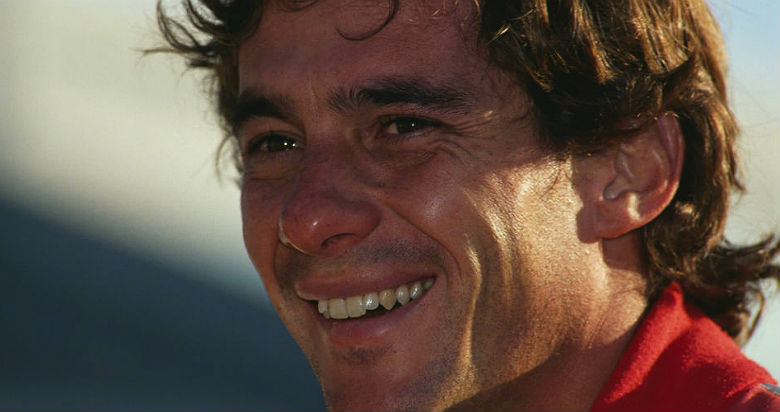
The mainstream boys were hounding him for a sound bite about the Prost crash, I was there to report on the sport and through the melee, Senna the superstar, remembered this young journo now struggling for air. He changed his course, walked over to the media throng, lent through the cables of cameras and sound mics and grabbed me by the elbow. “Wait, wait, let the young man through, please!”
Senna gestured me to step forward and walk with him into the venue, offered me a seat, front and centre and allowed me the first question, which he answered in detail.
It was a small gesture but with the weight of the world on his shoulders and the matter of a race the next day, it exposed that other, humanitarian side of Ayrton Senna and not the reckless race driver who some believe would win at all costs. He was a complex character.


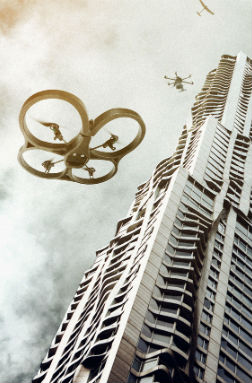
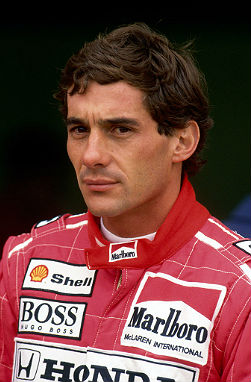


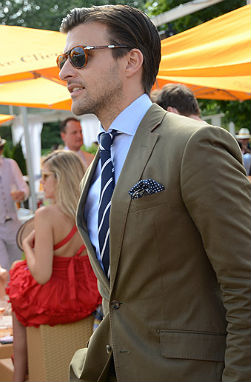
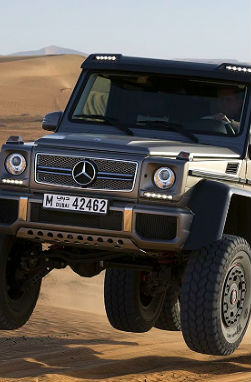
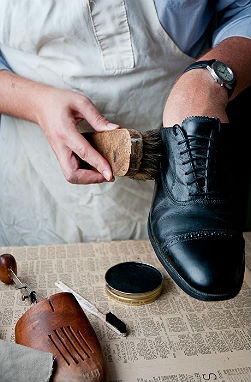
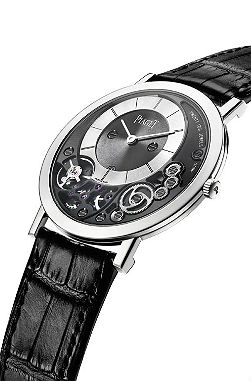
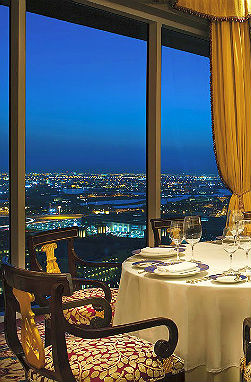
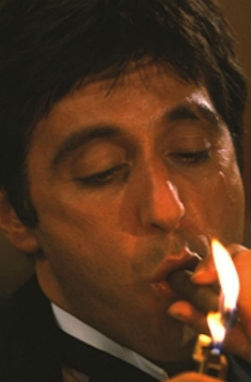
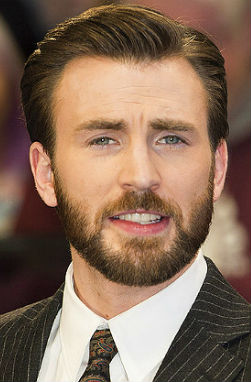

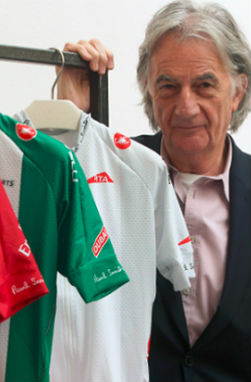
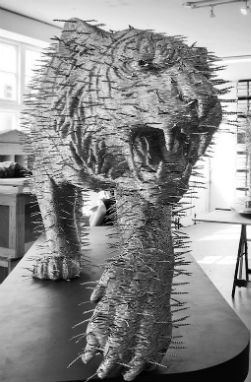
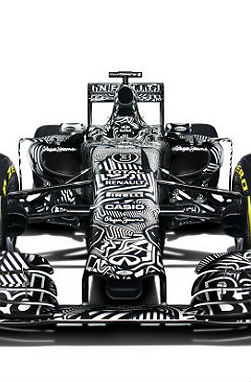

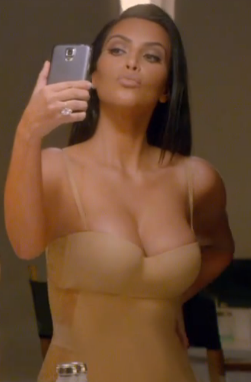


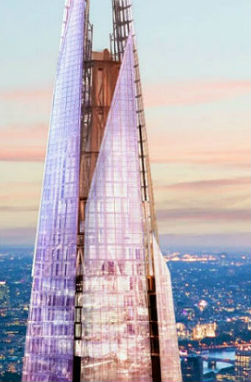
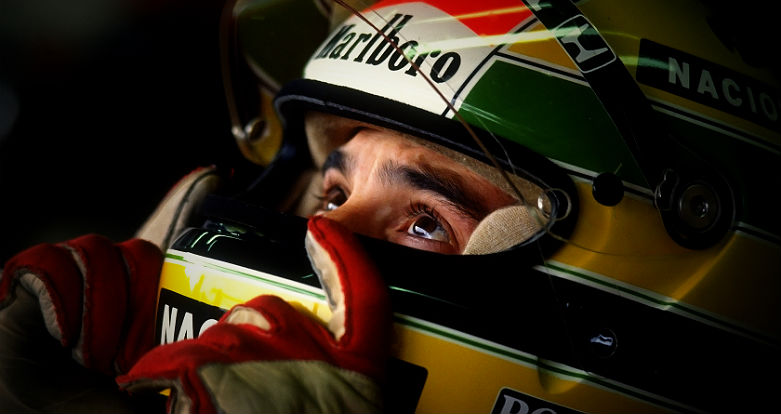
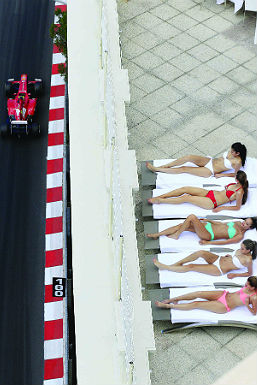
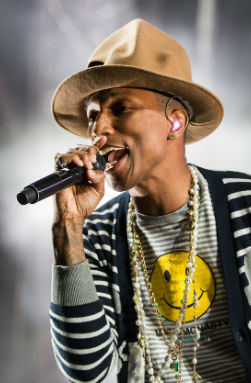

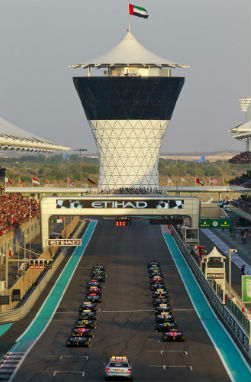
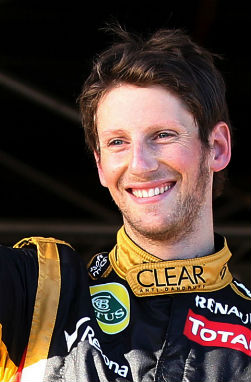
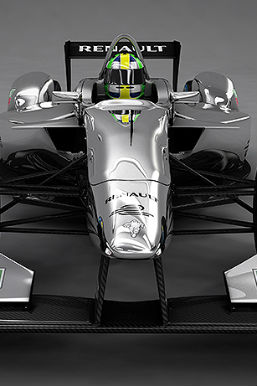
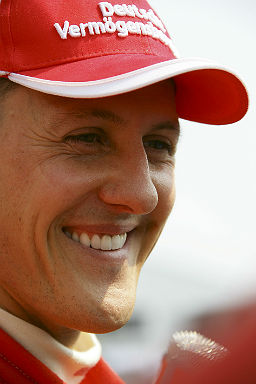
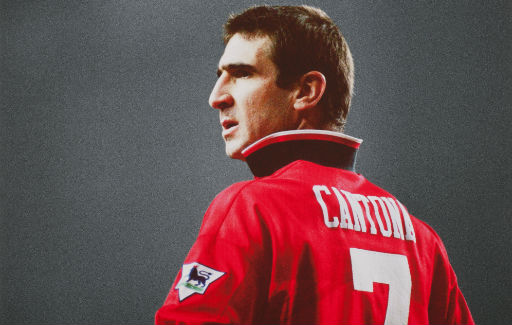
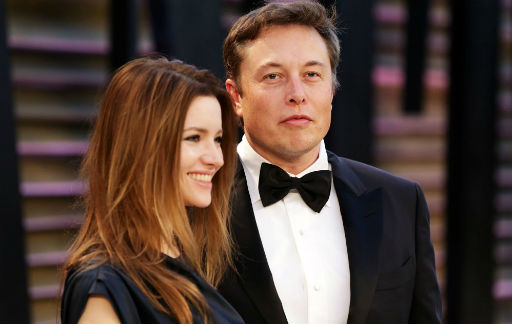
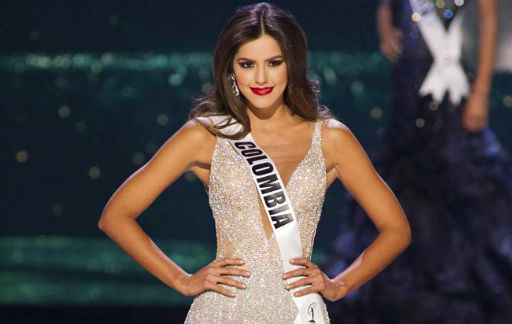
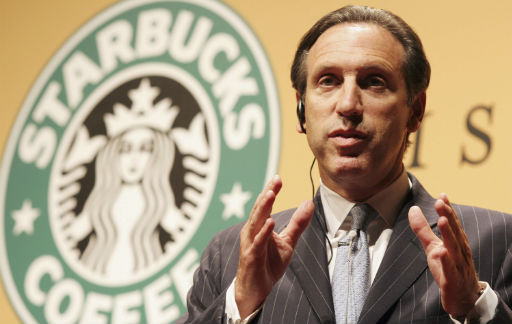

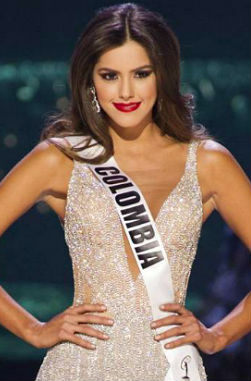
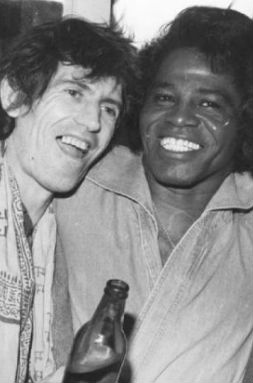
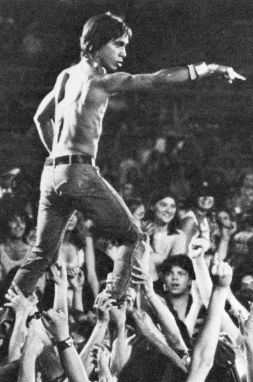
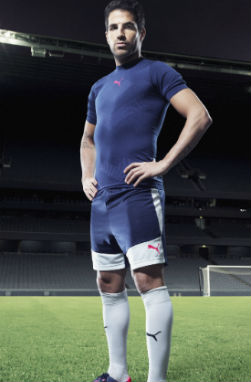
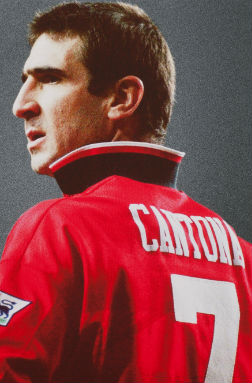
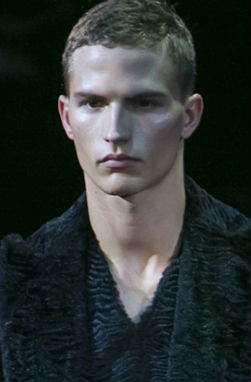


SHARES
Comments